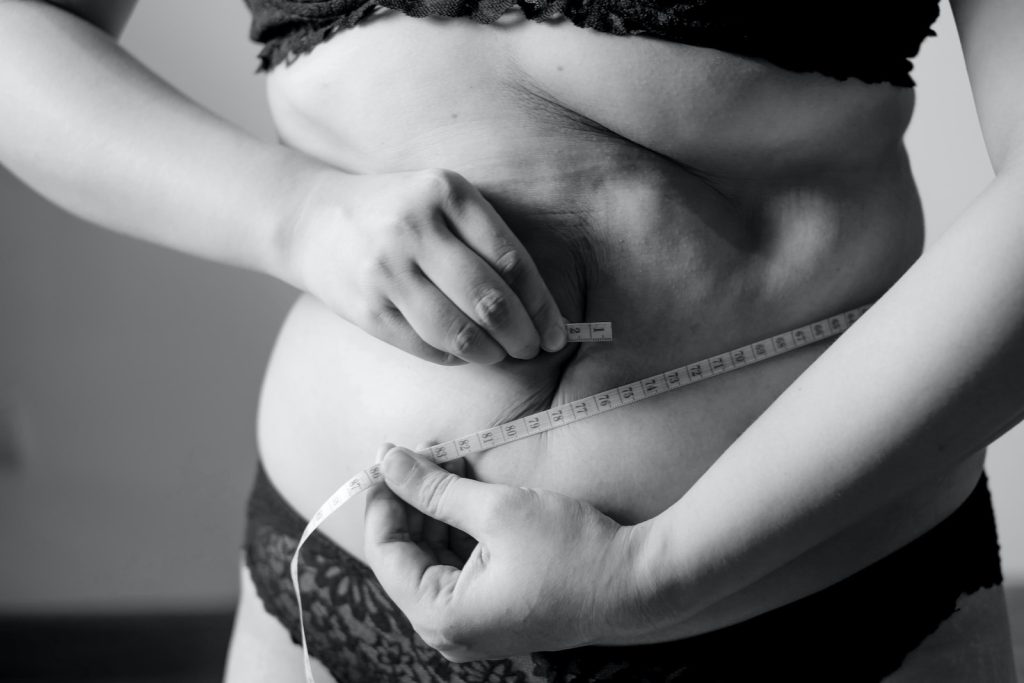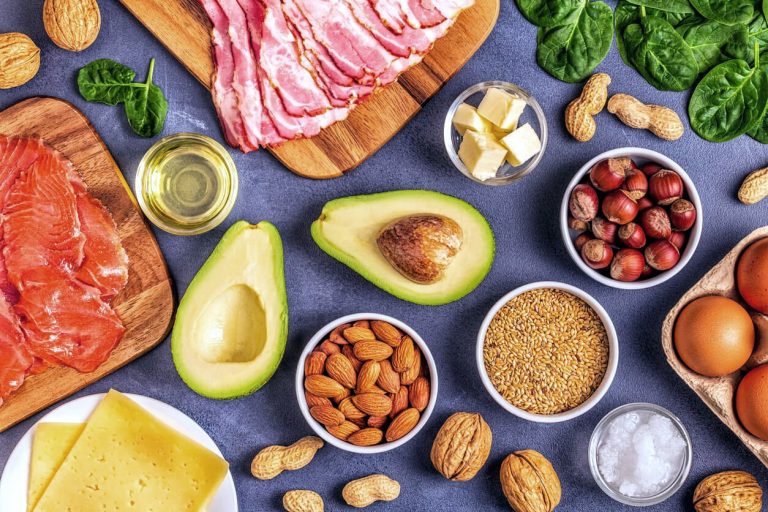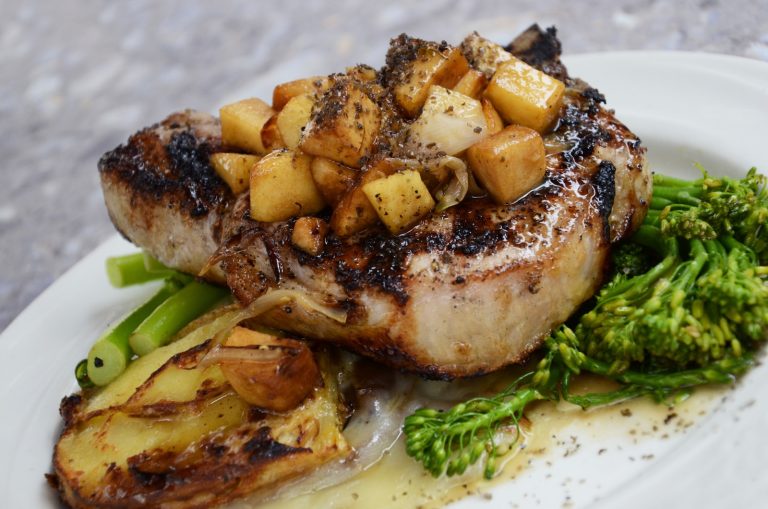Weight loss surgery can change lives in a dramatic way. The shows “My 600 lb. “My 600 lb. Life” gives a glimpse into the preparation and need for surgery. Viewers often wonder how successful the weight loss surgery was and what will happen to the patients in future. This article examines what patients can expect following weight loss surgery.

Anyone who has seen the episode “My 600 lb Life”, will know that to be able to lose a lot of weight and qualify for weight-loss surgery, you’ll need to make significant life changes. Dr. Nowzaradan has a reputation for placing patients on extreme and strict diets prior to surgery, and also strict diet restrictions post-surgery.
Dr. Nowzaradan also recommends other lifestyle changes such as increased physical exercise and frequent psychological counseling. Check out our article Dr. Nowzaradan to learn more. Nowzaradan’s Diet Plan: The Complete Guide and Is Dr. Nowzaradan’s 1,200 Calorie diet right for me? He has also written about obesity in his book “The Scale does not lie, people do.” “Reversing Obesity Right Now”
While the show is great at showing what happens prior to surgery, it leaves viewers wondering what actually happened after. We’ll talk about the possible outcomes of surgery on those who are undergoing it to avoid morbid obesity.
For morbidly obese people, weight loss surgery can be a way to drastically reduce their caloric intake and lose weight quickly. Preparing for surgery is important, as are the post-operative actions that patients must take. Diet and lifestyle changes are often required to prepare for weight loss surgery. Let’s discuss the post-op. Weight loss, eating habits, and emotional effects all have a huge impact on a patient’s daily life. Let’s discuss what happens after weight-loss surgery.
Weight Loss
Let’s begin with the obvious. What is the average weight loss after surgery? Although the amount of weight that people can expect will vary depending on the individual, the majority can expect the most significant weight loss to occur in the first month.
People can lose as much as 60% of their excess weight over time. The amount of weight lost and the time taken to lose it depend on the patient’s health and lifestyle choices.
The weight loss that a patient experiences after undergoing the procedure is dependent on several factors. (10)
- Age
- Weight before Surgery
- Health status overall
- Specific surgical procedure
- Exercise ability
- Commitment towards maintaining dietary guidelines
- Motivating family members, friends and colleagues
Patients usually lose most of their target weight within 18-25 months, depending on the type of surgery they undergo. (10)
Changes in Nutrition
It can be difficult to meet all nutritional requirements with just food, as the amount a patient is able to eat after surgery is reduced. Supplements are highly recommended to ensure patients receive all of the nutrition they need. The following supplements, while they may not be suitable for all patients, are examples of the types of supplements that most patients will take on a daily basis.
Iron
Iron deficiency symptoms can be very varied, but include headaches, dizziness, fatigue, weakness and lightheadedness (2).
Adding iron to your diet is easy with supplements like Nature Made Iron.
B-12
Untreated, a deficiency in vitamin B-12 can cause anemia, fatigue and muscle weakness. It can also lead to nerve damage and mood disorders. “In short, B-12 deficiencies can be unpleasant and even serious.
B-12 supplements can be a convenient way to increase your B-12 intake. B-12 is also available in other forms including drops. Consult your doctor about dosage options and the best way to take it. Amazon also sells supplements such as this one by Nature’s Bounty.
Calcium
The “Got Milk?” milk campaigns from the 1990s are well-known. The “Got Milk” campaigns were successful not only because many celebrities wore white moustaches well, but also because adding calcium to the diet was a clear message.
It is well known that calcium deficiency can cause problems with the teeth, nails, and bones. It can also contribute or cause extreme fatigue, depression and muscle problems. It’s definitely not good.
You can easily find calcium supplements and add them to your diet. These tablets are available on Amazon from Nature’s Bounty.
Vitamin D
Many factors can cause a person to not get enough vitamin D. Those who are deficient in the vitamin may experience fatigue, muscle pain, muscle weakness or cramps. The person may also feel depressed or have mood changes. (5)
Over-indexing vitamin D can cause problems. Working with your doctor is essential to determine your current vitamin D levels and whether you need to take supplements.
If you’re unsure whether you need supplements or not, Now has a supplement you can easily find on Amazon.
Multivitamin
A good multivitamin can also be recommended as a solid all-rounder. It is easy to take and covers the main needs. You can choose from gummies, horse pills or even gummy multivitamins.
It’s vital that anyone looking to get the best nutrition balance works with their doctor to determine if they need any additional supplements. Patients who have undergone surgical weight loss may have different needs than other patients or from the past.
Emotional Changes
There are numerous examples in “My 600 lb Life”, of the emotional struggles a patient has to face when trying to lose weight. It’s not hard to see where these issues stem from.
Relationships and identities are closely linked to food. Sharing meals can be a great way to build relationships. Recipes are a great way to introduce each other to shared history and culture. It is considered a personal act of generosity to prepare food for others and receive food from those who do. To show our gratitude and trust, we eat together and share food. Food is love for many.By refusing to accept food as a gift or by saying no, we are challenging deep cultural and social relationships that are based on food. These changes are usually necessary to lose excessive amounts of weight.
Many people use food as a crutch to avoid feeling. Food can be a way to avoid boredom, frustration and sadness. Many people will feel those emotions for the first or first time after removing food from their diet.
In summary, changing the way we eat may open us up to a minefield full of emotions, interactions and conflicts, which can challenge and upset you. Support can help manage and mitigate the emotional issues, and ensure success.
Many patients can prepare themselves by attending support groups or counseling. They are better prepared when they know the emotional impact that losing weight has on them. (6)
Eating
A surgery that disrupts the ability to consume food will have a dramatic impact on how a patient eats afterward. Patients’ eating habits will also change.
Patients are restricted to liquids for the first 30 day after surgery to allow their body to heal. This first month is also marked by significant weight loss. Patients can lose between 5 and 15 pounds per week. In general, men lose weight faster than women. (9)
After the first week, they gradually introduce more solid food into their diet. It is a slow process and the patient must re-learn how to digest food. (9)
After the first 30 Days
The amount of food they can consume and the way their bodies digest is affected because their stomachs are smaller than before surgery. Patients will notice that their body’s digestion process is altered, from how it processes gas to how fast and efficiently it can digest foods like raw vegetables and steak.
It’s recommended that they choose foods like ground meats, which are easy to chew. To maintain and preserve muscle mass, they should also choose foods high in protein. Avoid foods like rice and bread that expand in the stomach. Carbonated drinks are also bad for the stomach, because they cause excess gas. Avoid chewing gum or ice, as they can introduce gas to the gut. It is important to chew the food thoroughly before swallowing it. This will make it easier for them to digest. (7)
It is important to take breaks when eating to give the body a chance to tell you that it’s full. Overeating can cause vomiting and even damage to the stomach, especially early after surgery. (7)
Beverages
To stay hydrated, they should drink plenty of water every day.
Alcohol consumption is strongly discouraged after surgery, as the body’s reaction to alcohol changes significantly. Alcohol will have a greater impact on the patient after surgery. Alcohol has no nutritional value and will not help patients reach their nutritional goals. This only makes it more difficult to get the proper nutrition and hydration. (8)
The conclusion of the article is:
Although shows such as “My 600 lb. While shows like “My 600 lb. Preparation for the procedure, and lifestyle changes after surgery require significant personal and professional changes. A good patient is not just someone who can physically undergo the procedure. Candidates should also consider the emotional impact and lifestyle changes that a patient will have to undergo. To determine if a patient is a good candidate for weight loss surgery, they should consult with their doctor and preferably a counselor.










